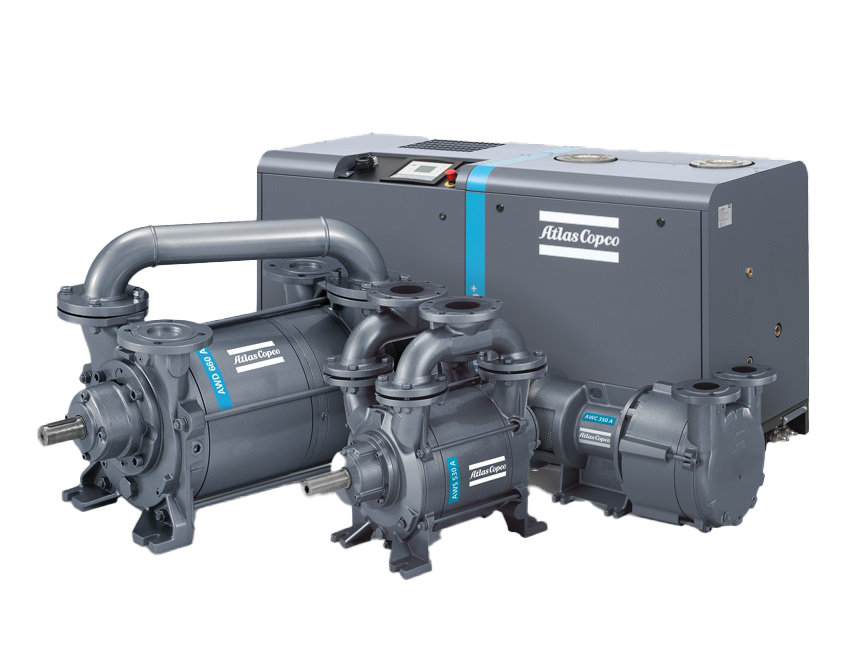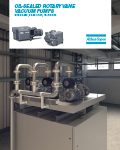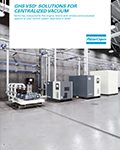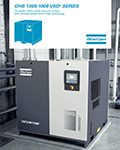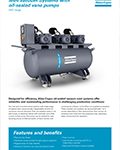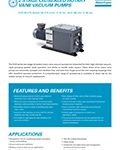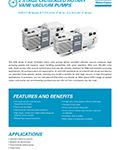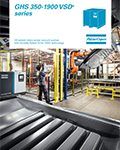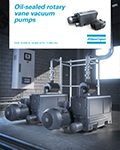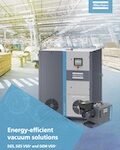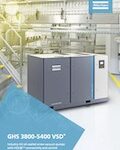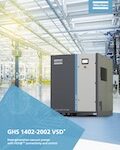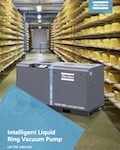OUR AIR COMPRESSOR PRODUCTS
Compressors and vacuum pumps might seem like polar opposites. However, they are closely related processes.
Compressed air is usually created by forcing air into a smaller volume, creating a higher pressure. A vacuum pump works oppositely, creating a lower pressure by reducing the air within that volume.
It means that the equipment used in both instances can be remarkably similar. Indeed, some machines are dual-use and can be switched between compressed air and vacuum pump functions.
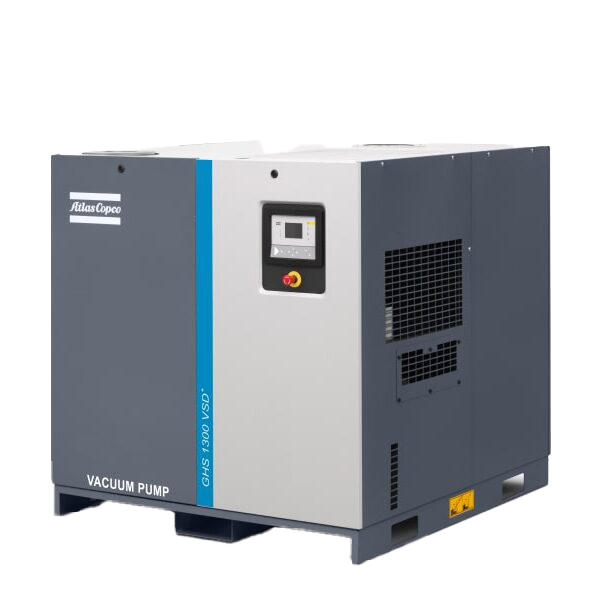
How vacuum pumps work
Vacuum pumps are commonplace, every household will have a vacuum cleaner. However, for industrial use, more powerful vacuums are required.
A typical design is the rotary vane vacuum pump. These have, on occasion, proven to be unreliable and inefficient. Atlas Copco have introduced a rotary screw pump, which works in a “similar” way to the rotary screw compressor, with two interlocking screws. However, instead of the screws forcing air into a smaller value, it works the other way, continually removing air from a chamber to lower the pressure and create a vacuum.
Like air compressors, vacuum pumps are energy efficient, and their relative simplicity makes them reliable and easy to maintain.
The industrial applications of vacuum pumps
Vacuum pumps have a range of uses, so while they might not be quite as common as air compressors, it’s not unusual to see them working alongside compressors in quite diverse settings.
- Packaging. One of the most common uses of vacuum pumps is in packaging. Vacuum pumps can be used to reduce packaging size or to seal products without air, extending shelf life. It can even be used to create gentle suction to move even delicate items.
- Manufacture. Vacuum forming is a common method of creating products. The process uses a vacuum to shape plastic sheets against moulds tightly. This creates precision components that are used in a range of products.
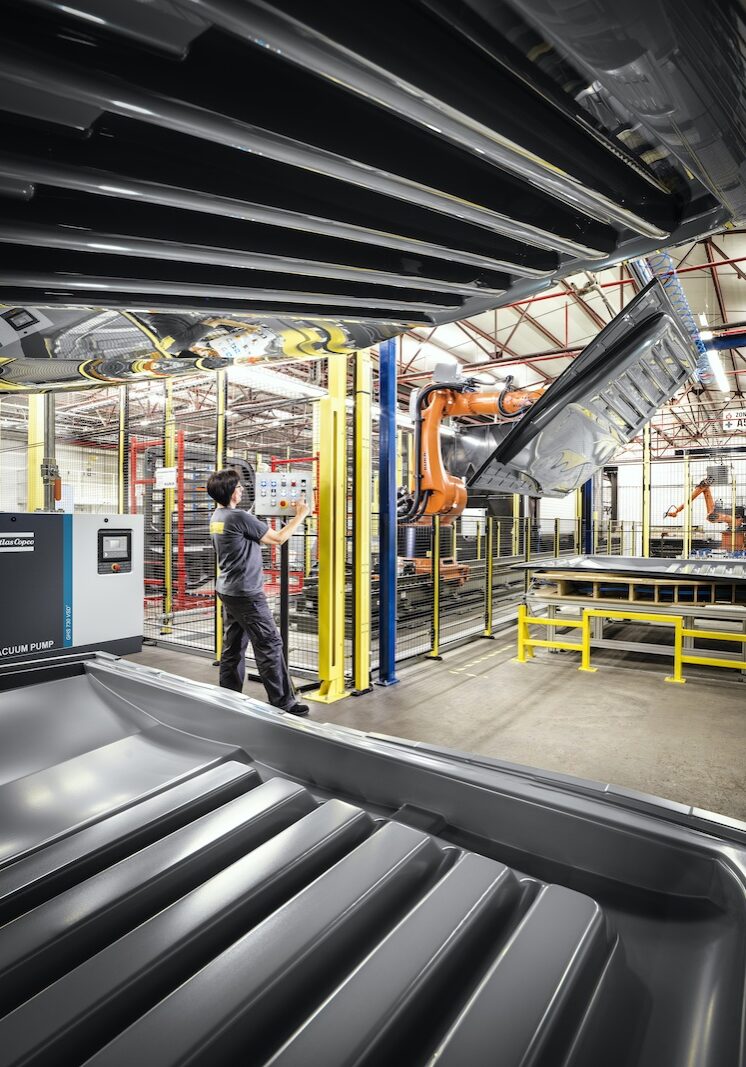
- Pharmaceutical and chemical. Many processes change when conducted in low-pressure environments, for example, the boiling point of liquids lowers with pressure. Using a vacuum pump allows chemical processes, like separation, to occur in a more controlled environment.
- Semiconductors. Vacuum pumps are frequently used in electronic and semiconductor manufacturing. Vacuum pumps may be part of the manufacturing process, where they assist in the delicate layering of semiconductors, and are commonly used to create negative pressure rooms, which minimise contamination from particulates in the air.
- Analytical instruments. Vacuum pumps are often used in research settings, where a vacuum environment is used as a controlled location for experiments. However, a vacuum provides optimal conditions for a range of quality control and purity tests that may be required for a product.
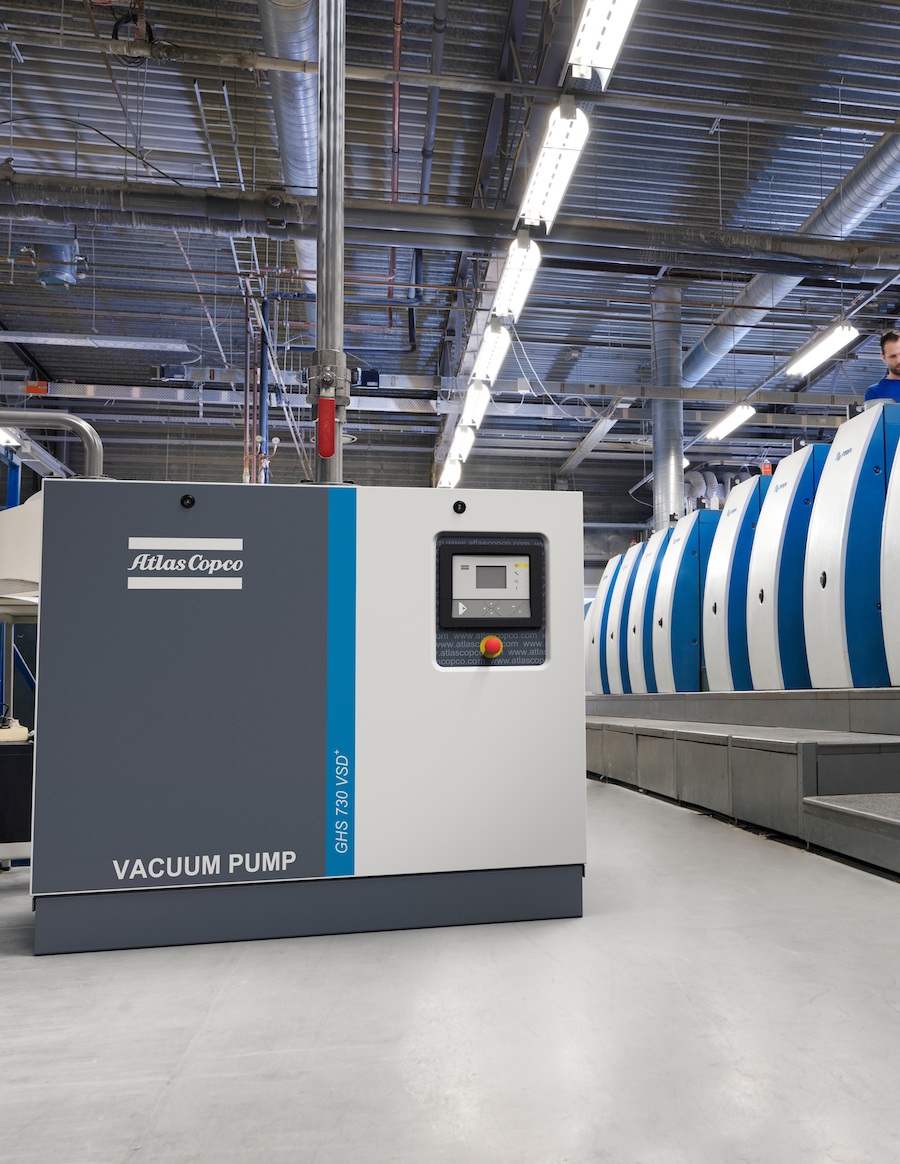
Your vacuum pump experts
Although we have compressors in our name, Anglian Compressors, a Branch of Atlas Copco Compressors, can also assist you with vacuum systems. If you need vacuum pumps for your business or want to know how they would integrate with your current systems, just get in touch.
Our team of engineers are experts and can take you through the whole design and installation process.
And if you already have pumps in place, we can look after those just like we do with compressors. Our service plans range from offering ad hoc callouts to fully inclusive servicing and maintenance plans that will take care of all your equipment, whatever happens, for a single monthly payment.
